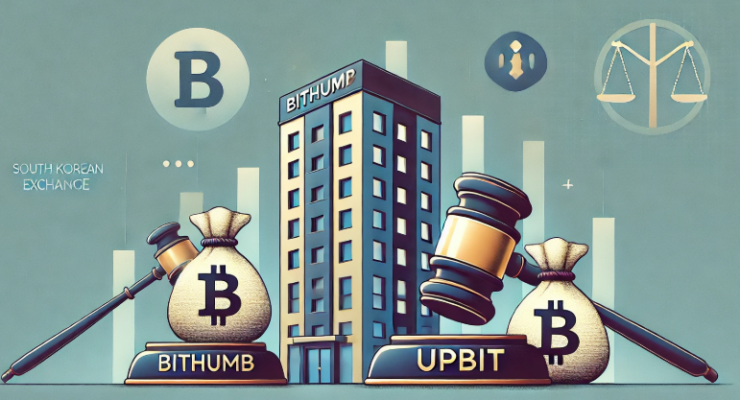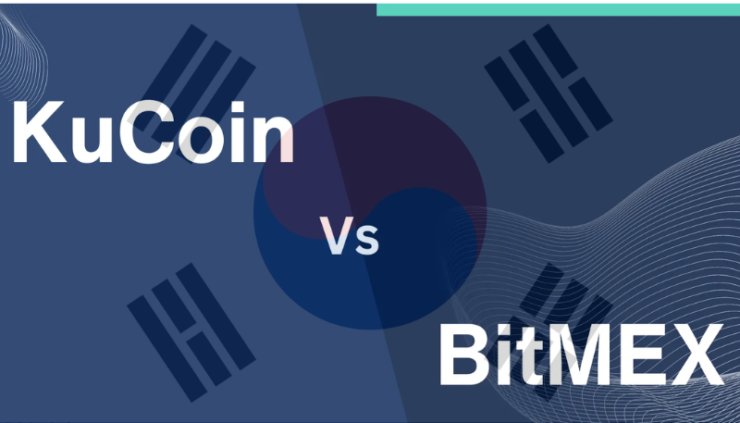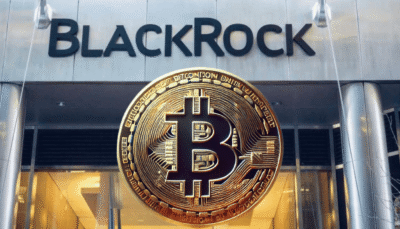South Korea’s regulators are turning up the heat on offshore crypto exchanges, and this time, some of the industry’s biggest names are in the crosshairs.
According to local reports, the country’s Financial Intelligence Unit (FIU) is moving to block access to platforms like KuCoin and BitMEX, accusing them of operating without mandatory registration. For exchanges chasing global market share, South Korea’s sudden crackdown is a stark reminder the era of regulatory leniency is over.
At the heart of this probe lies a growing compliance gap. South Korean law requires any platform handling crypto sales, storage, or brokerage for Korean citizens to register as a Virtual Asset Service Provider (VASP) under the Specified Financial Information Act.
KuCoin, BitMEX, CoinW, Bitunix, and KCEX are now accused of bypassing this legal requirement — marketing their services and offering customer support to local users without notifying regulators.
That decision could cost them dearly. Under Korean law, unregistered operations are not just a technical violation—they’re criminal. Offenders face potential bans, administrative penalties, and even criminal prosecution.
Authorities Ready Countermeasures — Internet Blackouts on the Table
The FIU has begun coordinating with the Korea Communications Standards Commission, the agency overseeing internet regulation. Together, they’re exploring aggressive options — including blocking these offshore exchanges entirely from the country’s internet infrastructure.
An FIU official confirmed that “measures to block access to the exchanges included in the list are being reviewed” as consultations with other agencies continue.
This approach signals South Korea’s growing resolve to enforce domestic oversight, especially as crypto markets heat up and investor protections remain a top political priority.
Local Exchanges Under Fire Too

But foreign platforms aren’t the only ones under scrutiny. South Korean crypto giants Bithumb and Upbit are also grappling with fresh allegations of financial misconduct.
Just days ago, prosecutors raided Bithumb’s offices, probing claims that former CEO Kim Dae-sik embezzled funds to finance a luxury apartment. While Bithumb insists Kim repaid the money with a loan, the investigation has widened — putting the company’s financial dealings in the spotlight.
Adding fuel to the fire, rumors have surfaced that intermediaries allegedly collected hefty brokerage fees — millions of dollars — to secure project listings on Bithumb and Upbit. In response, Upbit publicly challenged the media to release the names of any projects involved.
The Regulatory Net is Closing on Offshore Crypto Platforms
South Korea’s crackdown is not happening in isolation. Across the globe, regulators are closing ranks on offshore crypto operations. From the U.S. SEC’s lawsuits against unregistered exchanges to Europe’s MiCA rules tightening oversight, the message is consistent — global crypto players can no longer operate without respect for local laws.
For platforms like KuCoin and BitMEX, South Korea’s pushback could be the first of many challenges in 2025. With one of the world’s most tech-savvy populations and a booming digital asset market, the country is determined to set the tone for crypto governance.
The Takeaway
The coming weeks will be critical as South Korea finalizes its countermeasures. If enforced, these actions could set a powerful precedent, forcing offshore exchanges to rethink how they operate in regulated markets.
For the crypto industry, the message is clear — the days of sidestepping local rules are numbered. Those unwilling to comply risk losing access to lucrative markets — and facing legal consequences they can’t ignore.





